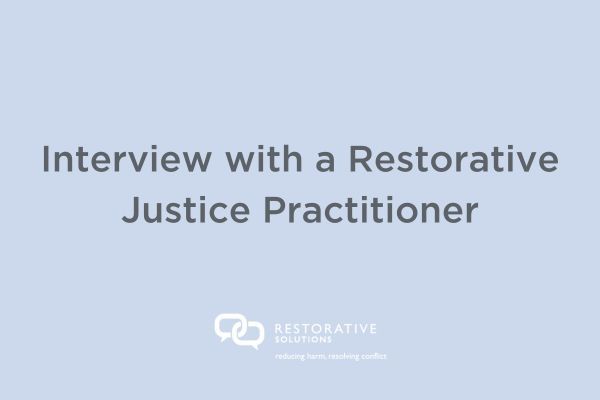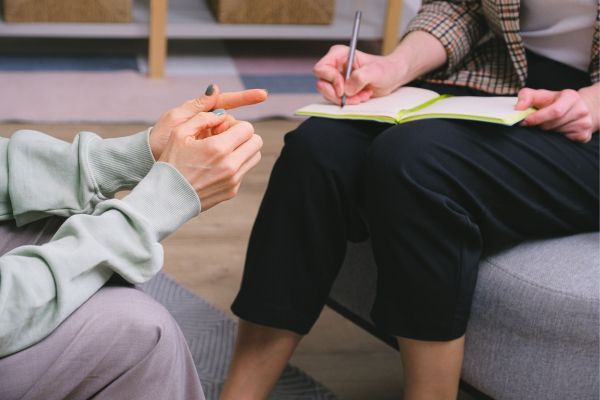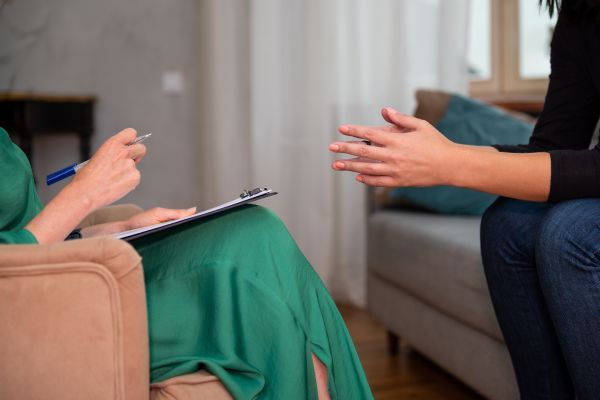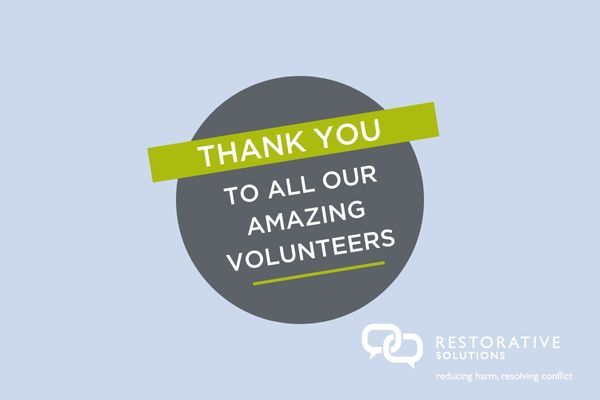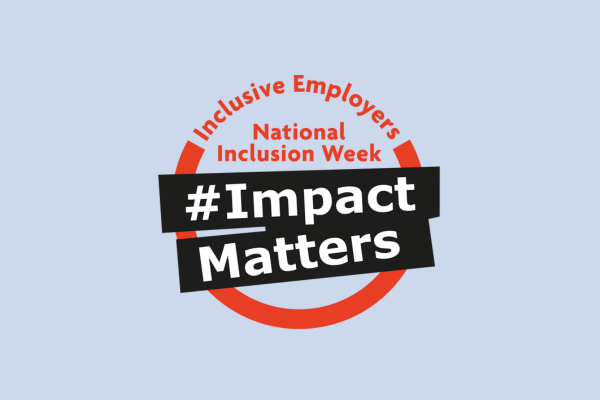Things to Consider Before Taking Part in Restorative Justice
While there are plenty of benefits to Restorative Justice, there are various things that need to be considered before taking part. In our latest blog, we go through everything you should consider to help you make the best choice for you.
An Interview with Caz, Practitioner at Restorative Solutions
Practitioners are at the heart of the Restorative Justice process, facilitating communication between the victim and offender. We recently caught up with Caz Worthington-Hollowbread who gave us an insight into her role at Restorative Solutions.
How Restorative Justice Can Ease Anxiety and Depression for Victims
Restorative Justice gives victims the opportunity to communicate with the person responsible for the crime that has affected them. The experience can be incredibly powerful, allowing victims to take back control, which can help them find closure.
What Happens In A Restorative Justice Preparation Meeting
Preparation Meetings allow facilitators to identify what participants want out of the experience, any additional requirements they may need and how communication will take place. It's also an opportunity for participants to gather their thoughts.
Navigating the Festive Period With Restorative Justice
The festive period is one of joy and celebration, but for those who have been affected by crime, it can be an incredibly stressful and difficult time. Restorative Justice can help ease symptoms of depression and anxiety.
RJ Week: Meet Our Volunteers
This RJ Week we’re shining a light on our wonderful volunteers! Without their incredible work, we wouldn't be able to do all we do, so we'd like to take a moment to thank them and show our gratitude.
The History of Restorative Justice
Restorative Justice has a proven, significant impact in supporting victims of crime in moving on with their lives, but where did the practice originate?
Emotional Wellness Month
October is Emotional Wellness Month, a time to reflect, raise awareness and remove the stigma around discussions of mental health.
Common Misconceptions about Restorative Justice
Restorative Justice can be an incredibly powerful process to take part in for victims and offenders, but there are, unfortunately, many misconceptions about the practice. If you’re considering taking part, making sure you’re fully informed can help ease your mind and help you decide whether it’s the right approach for you.
National Inclusion Week: 23rd-29th September
National Inclusion Week takes place from the 23rd-29th September.
How Do Victims and Offenders Communicate Through Restorative Justice?
In Restorative Justice (RJ), communication between victims and offenders is crucial, helping the healing process by allowing both parties to understand one another. In a safe space, victims and offenders can communicate to help the healing process.



